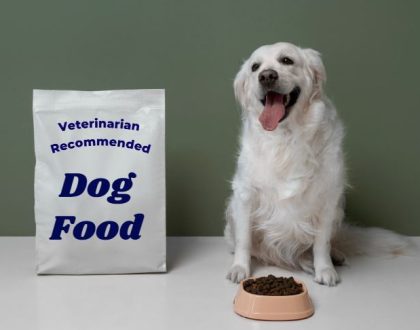
the scientific study of pet nutrition by veterinary nutrition specialists and experts.
What Treats Can I Give My Dog With Kidney Disease?

The discussion about diet changes can be overwhelming when your pet is diagnosed with chronic kidney disease. Switching from a diet you may have been feeding for years to a veterinary therapeutic diet is often easier than most pet owners think. Consistently feeding your pet a therapeutic diet for kidney disease can help him to live longer and feel better and you can still have some creativity/flexibility through treats.
Therapeutic diets that are designed for kidney disease have lower amounts of certain nutrients than over-the-counter diets. The most important of these is phosphorus. Other nutrients of importance are sodium, protein, and omega-3 fatty acids. When choosing treat options, we look for similar nutrient profiles. This means choosing treats that are not too high in phosphorus, salt, and protein.
Before changing any feeding strategy, it is important to ask yourself some important questions.
- Have I already transitioned over to a therapeutic diet?
If you are planning to start introducing new treat options, it is best to wait until after you have successfully transitioned your pet over to the therapeutic diet of choice to avoid any conflicts with the transition process.
- How many treats can my pet have each day?
The golden rule is that treats should not comprise more than 10% of the total calorie (kcal) requirement of your pet per day. This comes into play if you prefer to give one very high calorie treat versus several lower calorie treats a day. If you don’t know your pet’s daily calorie needs, ask your veterinarian for help with the calculation.
- Are there special treats made just for pets with kidney disease?
Commercial options unfortunately often change, so there aren’t specific brands or products that we can recommend without calling to check the latest nutrient content. However, some of the companies that make therapeutic diets also make treats specially designed to be fed to pets with kidney disease that you can ask your veterinarian about.
- If I wanted to check on a specific treat, how would I know what to look for?
Calorie content for commercial treats should be easily obtained from the label, however phosphorus level is not something that you will likely find on the bag. You can call the treat company in order to get this information. For human foods, phosphorus and calorie content can be obtained from the USDA Food Composition Database (https://ndb.nal.usda.gov/ndb/). Treat options should be less than 150 mg phosphorus per 100 kcal and 100 mg sodium per 100 kcal for most chronic kidney disease patients (check with your vet to find out what your pet needs in addition to avoiding high protein).
- What are safe fresh foods I can give?
Another option for treats that many owners find their pets love are some fruit and vegetable options for low phosphorus treats for dogs (and some cats):
| Watermelon | Green beans | Zucchini |
| Apples | Baby carrots | Blueberries |
| Bananas | Broccoli | Carrots |
Other tips:
- Avoid foods notoriously high in phosphorus and protein: most meats, jerky treats, bully sticks, rawhides, pig ears, antlers and real bones.
- To stimulate dogs’ appetites, you can add sweet items like maple syrup or honey – make sure to incorporate these calories into treat allowances.
- Always remember to avoid chocolate, grapes, raisins, avocado, garlic, and onions.
- If your pet has other medical conditions, additional dietary adjustments may be needed for treats. Be sure to talk to your veterinarian or a board-certified veterinary nutritionist who can help you create the most appropriate dietary plan for your pet.
Guest blog by veterinarian Dr. Megan Gibeley in conjunction with Dr. Deborah Linder.
Want to read more information on feeding your pet?
Subscribe to always know when we add new material!
Recommended Posts

Can Diet Help With My Dog’s Seizures?
January 18, 2024

The Most Popular Holiday Foods…That Your Pet Should Avoid!
December 08, 2023

Veterinarian Recommended Pet Foods: What You Need to Know
November 05, 2023

